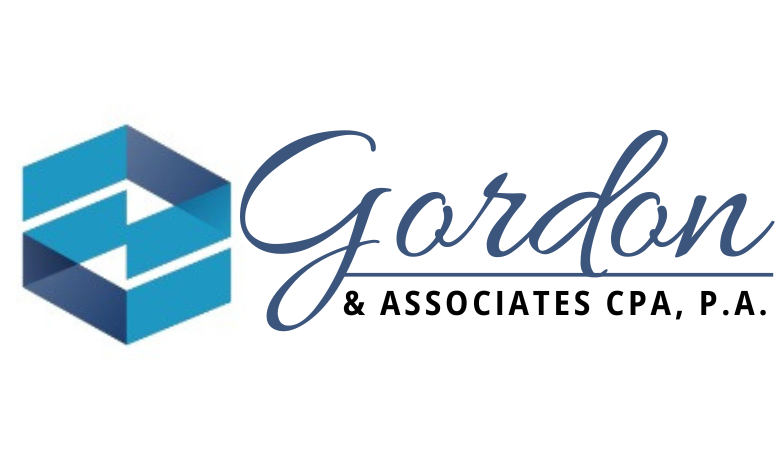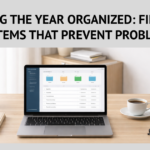What is an Accountable Plan?

An accountable plan is a reimbursement arrangement that allows businesses to reimburse employees for work-related expenses without those reimbursements being counted as taxable income. To qualify as accountable, the plan must meet three specific criteria:
Business Connection: The expenses must have a direct business connection, meaning they are related to the services the employee performs for the employer.
Substantiation: Employees must substantiate the expenses with receipts, invoices, or other documentation. This documentation must be provided within a reasonable period, usually defined by the employer’s policy.
Return of Excess: If the reimbursement exceeds the actual expenses, employees must return any excess amount within a reasonable period, typically outlined in the employer’s policy.
Types of Expenses Covered:
Travel Expenses: Includes costs such as airfare, hotel stays, meals, and transportation incurred while traveling for business purposes.
Entertainment Expenses: Covers expenses for business-related entertainment and meals, as long as there is a clear business purpose.
Equipment and Supplies: Reimbursement for tools, office supplies, and other necessary equipment needed for the job.
Benefits of an Accountable Plan:
1. Tax Savings for Employees:
– Reimbursements are not included in the employee’s gross income.
– Not subject to federal income tax, Social Security, or Medicare taxes.
2. Tax Savings for Employers:
– Reimbursements are deductible as business expenses.
– Reduces the overall taxable income for the business.
3. Simplified Reporting:
– Proper documentation and timely reimbursements simplify compliance with IRS regulations.
Reduces administrative burden for both employees and employers.
Implementing an Accountable Plan:
1. Create a Written Policy:
– Outline reimbursable expenses, documentation requirements, and procedures for returning excess reimbursements.
– Ensure the policy meets IRS guidelines and is clearly communicated to employees.
2. Educate Employees:
– Train employees on the policy, emphasizing their responsibilities for documenting and reporting expenses.
– Provide examples and templates for expense reports to ensure consistency and accuracy.
3. Maintain Records:
– Keep detailed records of all reimbursed expenses.
– Ensure timely submission of documentation and reimbursement of any excess amounts.
Example Policy Statement:
“Our company reimburses employees for necessary and reasonable business expenses incurred during the performance of their duties. All expenses must be substantiated with appropriate documentation and submitted within 60 days. Any excess reimbursement must be returned within 120 days.”
To ensure your accountable plan meets all IRS requirements and maximizes tax benefits, consult with a tax professional. Proper implementation and compliance are key to reaping the full advantages of accountable plans.
Implementing an accountable plan can significantly benefit your business and employees. Share your experiences or ask questions in the comments. For personalized advice, consult with a tax professional.






